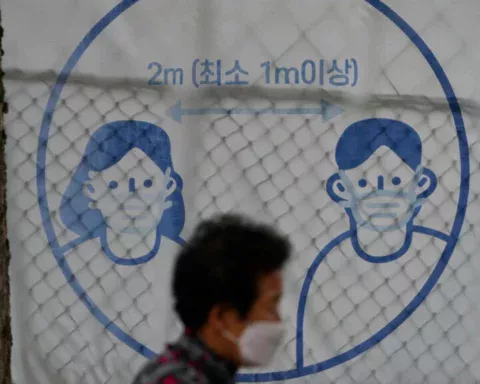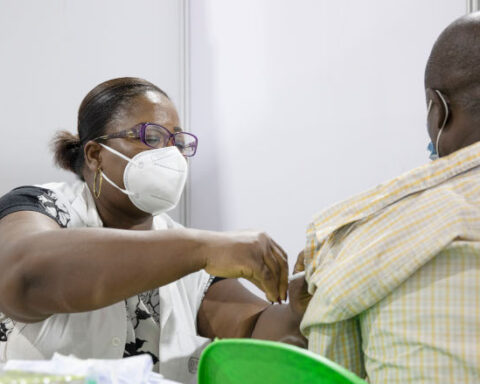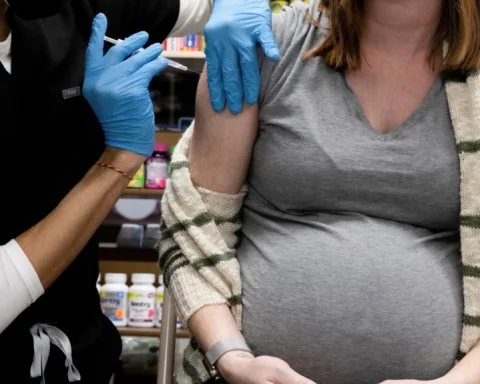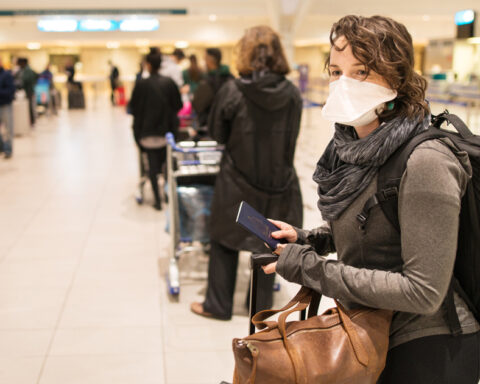Healthcare personnel include all paid and unpaid persons serving in healthcare settings who have the potential for direct or indirect exposure to patients or infectious materials.
This recommendation pertains to paid and unpaid healthcare personnel working in a variety of healthcare settings—for example, acute care facilities, long-term acute care facilities, inpatient rehabilitation facilities, nursing homes and assisted living facilities, home health care, mobile clinics, and outpatient facilities, such as dialysis centers and physicians’ offices.Examples of healthcare personnel include:
- Emergency medical service personnel
- Nurses and nursing assistants
- Physicians
- Technicians
- Therapists
- Dentists
- Phlebotomists
- Pharmacists
- Students and trainees
- Contractual staff
- Dietary and food services staff
- Environmental services staff
- Administrative staff
Healthcare personnel are at risk of exposure
Healthcare personnel continue to be on the front line of the nation’s fight against this deadly pandemic. Healthcare personnel’s race and ethnicity, underlying health conditions, occupation type, and job setting can contribute to their risk of acquiring COVID-19 and experiencing severe outcomes, including death. By providing critical care to those who are or might be infected with the virus that causes COVID-19, healthcare personnel have a high risk of being exposed to and getting sick with COVID-19. As of December 3, the day CDC published these recommendations, there were more than 249,000 confirmed COVID-19 cases and 866 deaths among healthcare personnel. View more recent numbers on the toll COVID-19 has taken on healthcare personnel.
Vaccinating healthcare personnel protects healthcare capacity
When healthcare personnel get sick with COVID-19, they are not able to work and provide key services for patients or clients. Given the evidence of ongoing COVID-19 infections among healthcare personnel and the critical role they play in caring for others, continued protection of them at work, at home, and in the community remains a national priority. Early vaccine access is critical to ensuring the health and safety of this essential workforce of approximately 21 million people, protecting not only them but also their patients, families, communities, and the broader health of our country.
Vaccinating healthcare personnel helps prevent patients from getting COVID-19
Healthcare personnel who get COVID-19 can also spread the virus to those they are caring for—including hospitalized patients and residents of long-term care facilities. Many of these individuals may have underlying health conditions that put them at risk for severe COVID-19 illness. Healthcare personnel can also spread the virus to other healthcare personnel. Learn more about the importance of COVID-19 vaccination for residents of long-term care facilities.
Benefits of vaccination must outweigh possible risks
To help make important medical products, including vaccines, available quickly during the COVID-19 pandemic, the U.S Food and Drug Administration (FDA) can use what is known as an Emergency Use Authorization (EUA). Before any vaccine can be authorized for use under an EUA, the FDA must determine that the vaccine’s known or potential benefits outweigh known or potential risks. This is true for all vaccines, including COVID-19 vaccines.
Once a vaccine is authorized for use under an EUA, ACIP will review available data on the vaccine before voting and advising CDC on whether to recommend the vaccine. Learn more about how CDC is making COVID-19 vaccine recommendations.
The safety of COVID-19 vaccines and of healthcare personnel receiving the vaccines is a top priority
The safety of all vaccines are studied thoroughly in clinical trials. Once healthcare personnel and other members of the public begin receiving COVID-19 vaccinations, CDC and FDA will continue to closely monitor vaccine safety. Learn more about COVID-19 vaccine safety monitoring.
Risks and benefits will be explained to everyone offered a COVID-19 vaccination
Before anyone can receive a COVID-19 vaccine, they must be given an EUA fact sheet with detailed information about the COVID-19 vaccine they will be receiving.





